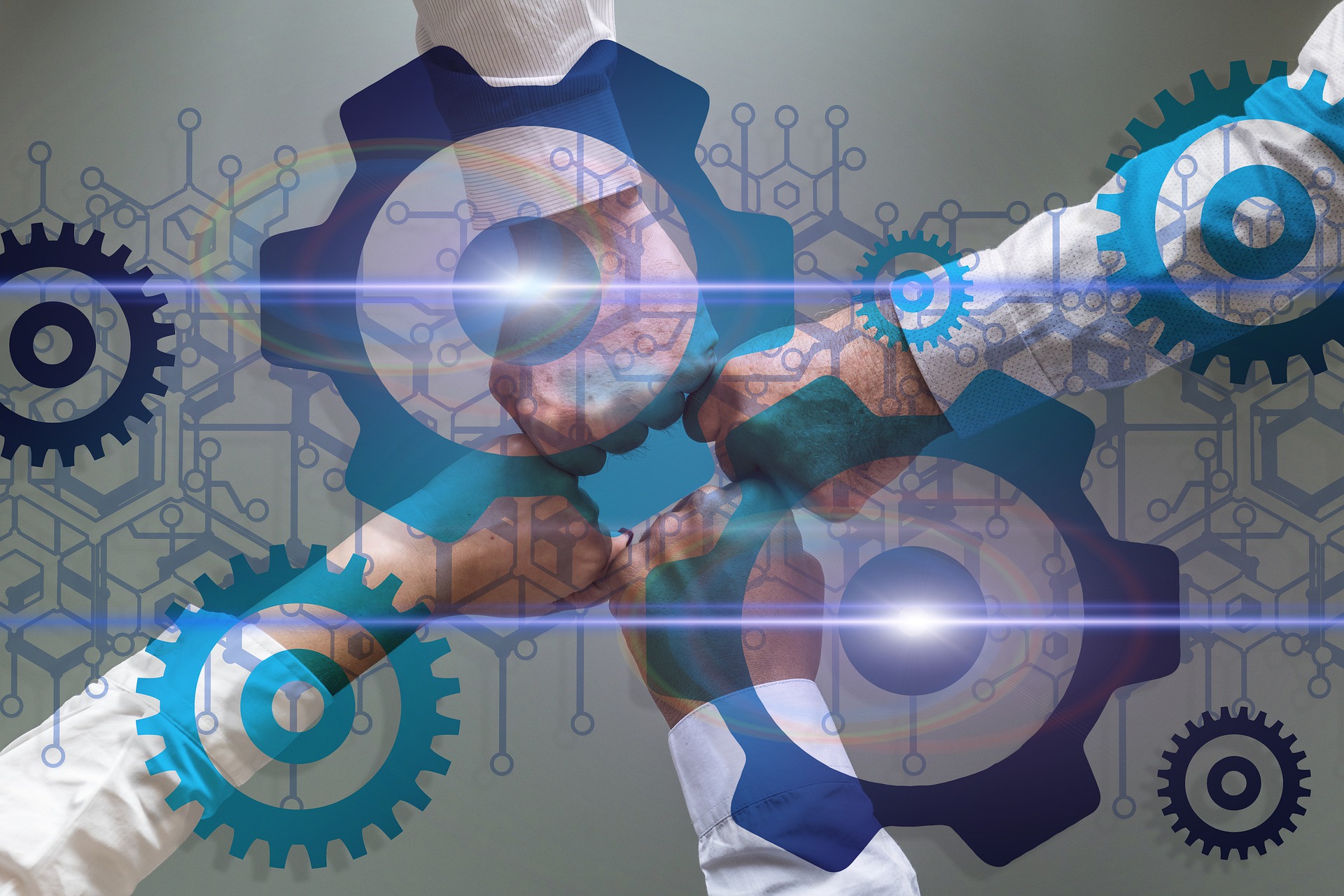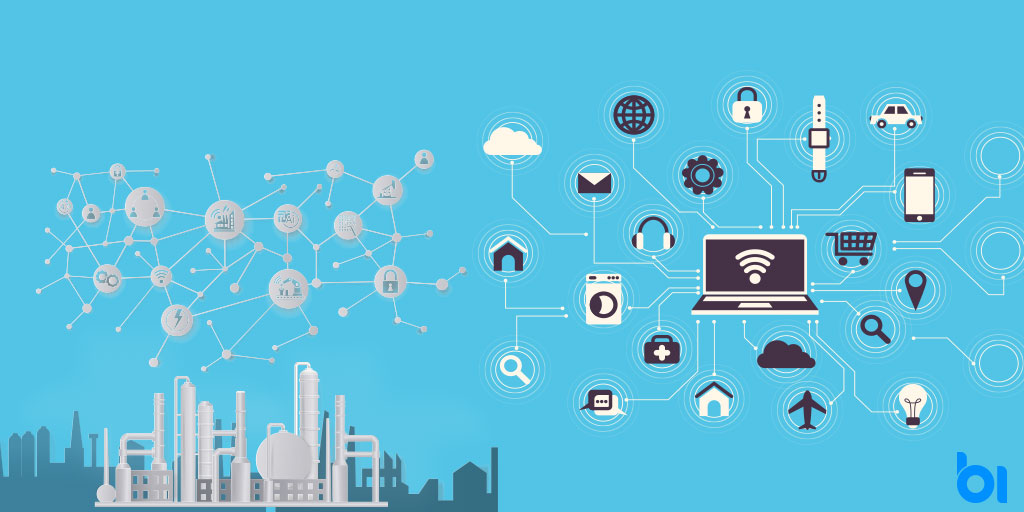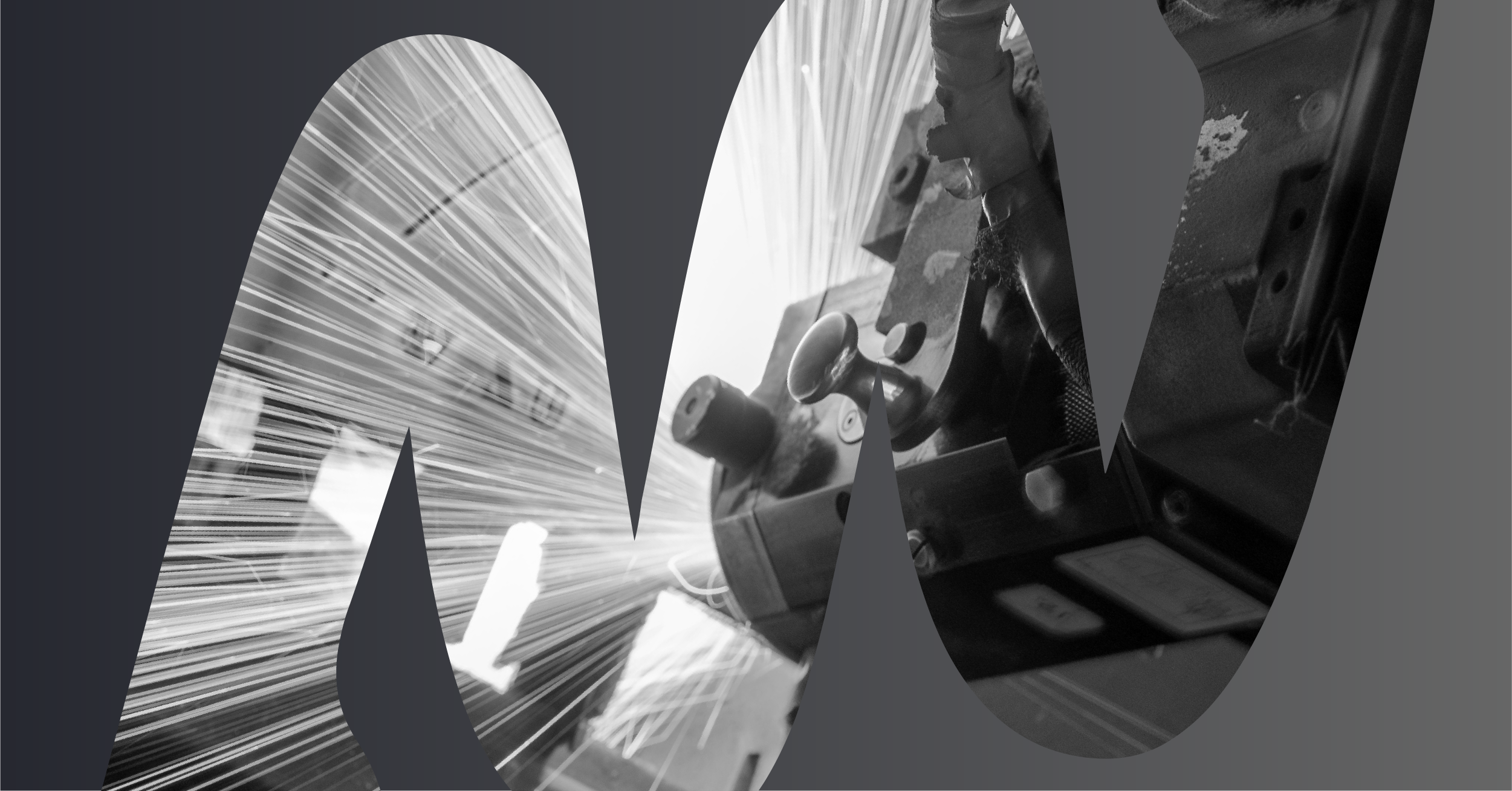Developing a Digital Mindset for Manufacturing in this Data-driven World
The digital mindset is a critical component of the Smart Manufacturing strategy. Manufacturing leaders must make decisions based on data-driven insights that will help them transform their business for the future. They are investing heavily to automate operations, but have they substantially improved efficiency and increased productivity? How many have transformed their business holistically? Most manufacturers are still experimenting, unable to get full value from the digital revolution to scale up their businesses.
You don’t need to invest large amounts to ensure a successful Digital Transformation. You just need to implement appropriate AI/ML technology for the right processes in the existing manufacturing system. The right AI solution promotes “self-efficacy”—unlocking the capacity to reach specific production goals. Now, that should enable you to scale up the digital transformation without spending more on machines, labor, and other resources.
Manufacturers struggle to scale up their digital transformation because of a few common mistakes, which limits them from taking advantage of new technologies.
5 Challenges in the Change Story of Manufacturing
As the manufacturing industry evolves, it faces some challenges. A few may not be easy to overcome, and a couple may be less trying, but these are all relatable problems.
Challenges in scaling up Digital Transformation:
1. Myths and Misunderstandings
Small hurdles along the way that have the potential to throw you off the path eventually are the myths. Information dealt out without complete knowledge turns into misinformation, influencing decision-makers negatively.
“Site-wide Digital Transformation will consume a lot of time and investment.” That is the biggest misconception discouraging leaders from digitally responding to customer demands. They must decide to step out of the experimental phase and commit to deploying AI/ML solutions at all levels in their organization and even across the complete factory network.
The plan is to fundamentally improve existing operations by adding new capabilities and bringing agility with the help of technology. DX is not about disrupting processes and definitely not about replacing the manufacturing system entirely. Upfront costs and infrastructural requirements are a one-time investment but the financial loss in not scaling up the DX in time can have a long-term impact on the market foothold.
2. Siloed Approach
Departmentalized implementation of IR4 technologies or focusing on local plant-level digital acceleration without considering the requirements of the wider factory network is a siloed approach. Embedding technologies only partially or with limited purpose will only interfere with the digital experience. The siloed approach to implementation is a roadblock to scaling up the DX.
3. One-Size-Fits-All Technologies
Supply-chain uncertainties, unexpected production events, and fluctuating customer demands are problems that every factory has to handle. However, every factory floor experiences a unique set of problems that need real-time solutions. Applying a one-size-fits-all technology solution would be much like expecting a horse to run in a man’s shoe. And that is not a far-fetched analogy!
Deploying a user-friendly AI/ML technology that is configurable to your specific business needs is bound to bring results. Customized Digital Transformation means customer-centric decisions and improvements that will help you meet your production goals. Such a DX is sure to deliver more value hence easier to scale up.
4. Lack of Employee Awareness and Misunderstandings
Inadequate skillsets among employees who are not trained in smart manufacturing technologies can slow down the process of holistic digital transformation, leave alone scaling it up. The root cause of that is the lack of awareness about how the implementation of IR4 technologies can not only help improve production efficiency but also enhances the performance of the shopfloor workforce and production teams.
An effective Change Management strategy is essential for highlighting the importance of upskilling and educating your workforce in DX technologies. So that your crucial asset and resource—your shopfloor operators, and skilled workers are up to speed, do not give resistance, and instead support the scaling of DX.
5. Missing Digital Transformation Framework
The most difficult obstacle to overcome in the process of scaling up your Digital Transformation is the organizational or cultural challenges. Most companies skip the important step of building a well-strategized framework by preempting the potential challenges that come with DX and planning to address them.
This framework primarily depends on the leadership who needs to have a digital-ready mindset. Holistic Digital Transformation begins with the management who must inculcate and nurture a conducive company culture. Focused on the company’s specific needs, the DX framework must be developed, unanimously implemented, and systematically followed such that it can be scaled up as the business grows.
Signs of a Successful Digital Transformation of Manufacturing
McKinsey lists the following in their vision of the digital-manufacturing road map [2]: –
• Dynamic Scheduling of production lines
• Long-term capacity planning
• Advanced analytics for parameter optimization
• Personalized data visualization and performance tracking
• Real-Time raw material consumption data
Conclusion
To be competitive in the global market, companies have no choice but to adapt and embrace Digital Transformation.
However, getting the optimal value out of DX and ensuring you have a successful Smart Manufacturing Ecosystem needs the implementation of dynamic AI/ML technologies that will turn your production scheduling flexible and error-free.
Schedule a demo now!
References:
[1] Leurent, H., & de Boer, E. (2019). Fourth Industrial Revolution Beacons of Technology and Innovation in Manufacturing. The World Economic Forum In collaboration with McKinsey & Company. https://www3.weforum.org/docs/WEF_4IR_Beacons_of_Technology_and_Innovation_in_Manufacturing_report_2019.pdf
[2] Gregolinska, E., Khanam, R., Lefort, F., & Parthasarathy, P. (2022a, April 13). Industry 4.0: Digital transformation in manufacturing | McKinsey. Www.mckinsey.com.





